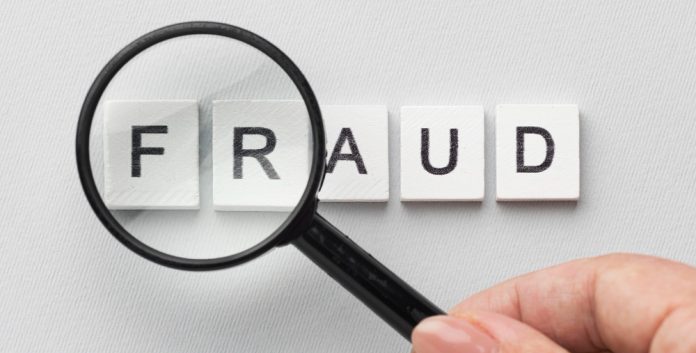- The Indian citizens are quite aware of how some of the big known businessmen have turned into fugitives having committed financial frauds to the tune of millions of rupees. The issue of financial fraudsters garners such passionate attention, debate, and importance within the country that many elections are won or lost owing to the heat generated by the same. As is its wont, political parties on the opposition side will latch on to those scams to not only corner the ruling dispensation with the corruption barbs but also disallow any meaningful transactions from taking place in the Parliamentary sessions. This sustains the limelight on them, you see.

PC: Susan Tompor
- Over the years, we have witnessed this narration being played out many times. The governments are formed by promising to bring back those fugitives and recover the siphoned-off money. We all know how tedious, circuitous, and time-consuming a process this eventually turns out to be wasting precious public money in the bargain. Against this backdrop, the Supreme Court’s suggestion on halting criminal proceedings against economic fugitives willing to repay the money they owe to lenders and others they defrauded must be taken up for serious consideration by the Government of India.
- The two-judge SC bench advocated this course noting the considerable resources like time, money, and effort expended by investigating agencies like the Enforcement Directorate (ED) and the Central Bureau of Investigation (CBI) in trying to bring fugitives back from foreign jurisdictions, thanks to lengthy legal processes on extradition in foreign countries. The suggestion followed a co-accused in the Sterling Biotech fraud case claiming he had repaid a portion of the money due from him to banks and would repay the remaining amount but wanted protection from prosecution and harassment by investigating agencies.

PC: Tribune News Service
- Note that the GOI has enabled investigating agencies to go after high-value offenders via the Fugitive Economic Offenders Act, 2018. This Act sanctions quick seizure and sale of their assets. The difficulty here is that many such fugitives have assets stashed abroad or benami assets in India that agencies are unaware of. Further, the legal processes, paperwork, and evidence required in each country can vary greatly. Thus, far from a quick closure, we are realistically looking at years of painfully lengthy legal battles. If the end goal of both banks, others defrauded, and investigating agencies is to recover the money, criminalization may actually be thwarting it.
- For instance, the accused in the Sterling case wants to repay banks, which would be happy to recoup the funds, but CBI isn’t willing to let him off the hook, ostensibly because the law doesn’t allow it to use discretion. Moreover, more countries are adopting the US’s plea-bargaining-like innovation known as deferred prosecution agreement. This avoids criminal prosecution of company executives instead of hefty fines and compliance monitoring in a court-approved deal. This should be the way to go and as such, the Government should revisit its current stance. Mind you, financial fraud’s victims want their money back quickly, in return, they will give up waiting years to maybe see the fraudster in jail. That’s a good bargain for sure.






